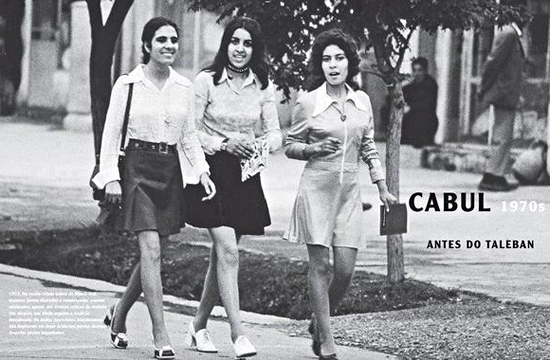Growing up, I watched a lot of James Bond movies. That super-tough, super-sexy, British secret agent, played with such brilliance by Sean Connery, always seemed to have great fun as he saved the world from various dictators, terrorists, and megalomaniacs. I wanted an Aston Martin like Bond had in “Goldfinger,” tricked out with all the latest gizmos and gadgets provided by Q Branch. But more than anything I wanted Bond’s competence, his swagger, his ability to win the day while getting the girl as well. Such movies are harmless male fantasy flicks – or are they harmless?
While Ian Fleming was writing his “Bond” books and Sean Connery was breathing life and fire into the character, another sort of male fantasy was being promulgated and promoted in men’s adventure magazines with titles like “Stag” and “Man’s Life” and “Man’s World.” These pulp magazines appeared at a time when men’s masculinity was threatened (then again, when hasn’t masculinity been under threat?), in the 1950s and 1960s, a new nuclear age in which America seemed stuck behind the Soviet space program and stuck fighting wars (Korea, Vietnam) that ultimately proved unheroic and unwinnable.
It’s easy to dismiss such men’s magazines as a simplistic variety of pulp fiction, but we’d be wrong to do so, argues historian Greg Daddis in his new book, Pulp Vietnam: War and Gender in Cold War Men’s Adventure Magazines. Daddis is quite convincing in showing how this pulp fiction advanced a view of Western, and specifically American, chauvinism in which war served as an adventure, an opportunity to demonstrate the innate superiority of the American male over various foreign, often Asiatic, opponents, while getting the girl, of course, with the girl usually scantily clad and stereotyped as vulnerable and/or duplicitous and/or sexually available.





